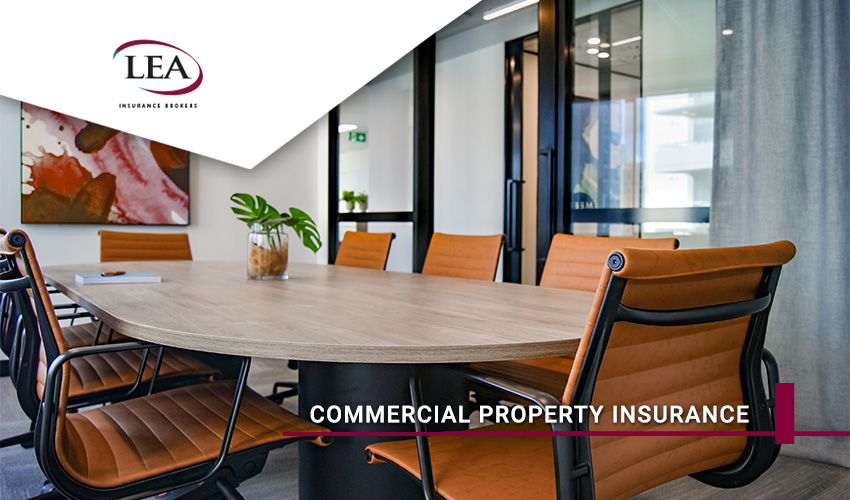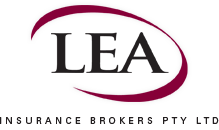
Get up to speed on commercial property insurance
Commercial property insurance comes in a few guises.
You may know it as commercial building or business property insurance. Common among those titles is that it’s for non-residential properties – factories, warehouses, shopping centres, and whole unit and apartment blocks.
In short, it helps protect your commercial building or premises from damage or significant loss due to:
- A major weather event
- Fire
- Business interruption
- Machinery breakdown
- Theft
- Malicious or accidental damage
Knowing your liabilities
As a commercial building owner, you’ll have a range of responsibilities to manage your risks. Your approach will depend on the type and layout of your building, whether it’s tenanted or you’re occupying it.
For tenanted buildings, you’ll need to consider the extra risks with their subtenants and contractors. There may be common and publicly accessible areas, shared services, and equipment to factor in. Think of the heating, air conditioning, water, power, and fire safety systems, for example. Building owners can delegate some responsibilities for these, but you’ll need oversight and be responsible for maintenance. Slip, trip, and fall hazards can be minimised if you do slip testing annually and have sufficient lighting and stair treads.
Beware, too, if a tenant or their contractor has made minor changes that could affect the building’s performance-based fire solution. It may have a significant and dangerous effect. As well, tenants need to keep clear the public access areas, such as fire escapes or exits. Ensure you communicate clearly to tenants about appropriate standards they need to meet in using your premises.
Your responsibilities prevail even if your building is unoccupied – temporarily or indefinitely. That means a focus on safety overall for the building and site. Organise security, monitoring, lighting to deter trespassers and thieves and identify maintenance issues as soon as possible. These moves minimise your risks of property damage as well as a liability claim if someone is injured.
Managing your risks better
So, as a commercial building owner, there are a few risks to keep on your radar: liability, loss of rent, property damage, and machinery breakdown. Be mindful of your building’s true replacement value, so your insurance policy reflects that. It will give you peace of mind you’re covered fully for the costs of repairing, rebuilding or replacing your building.
Expect to invest in a professional valuer every three to five years for a replacement cost valuation. We can use your valuation report to save you money. Over insuring your building just incurs higher premiums. At the same time, your insurer won’t let you claim for more than your building restoration costs, even if your building was razed in the unexpected event of a fire. Meanwhile, underinsuring your building means you’ll fall short at claim time. Most owners underinsure their buildings by at least a quarter, according to Australian Valuers.
We can help position your building as ‘best in class’ to insurers by working with you to mitigate your risk profile. Be sure to tell us what you’re already doing to manage your risks. This might include a robust workplace health and safety program, and having a preventative maintenance program. That means bringing in expertise to regularly check your mechanical equipment, plumbing, heating, and cooling systems, for example. Keep records to prove these inspections have happened.
You could also raise your deductibles as a way of potentially shrinking your premium costs. By packaging your commercial property insurance with other lines into a package, you may also earn a discount through us.
This content is created and provided by Finnigan Investments (Australia) Pty Ltd trading as OneAffiniti on behalf of LEA Insurance Brokers, and is for commercial purposes. Any financial product advice in this content is provided by LEA Insurance Brokers ABN 58 523 762 917, AFSL No 241418. This material is general in nature and has been prepared without taking into account your objectives, financial situation or needs. Accordingly, before acting on it, you should consider its appropriateness to your circumstances.
